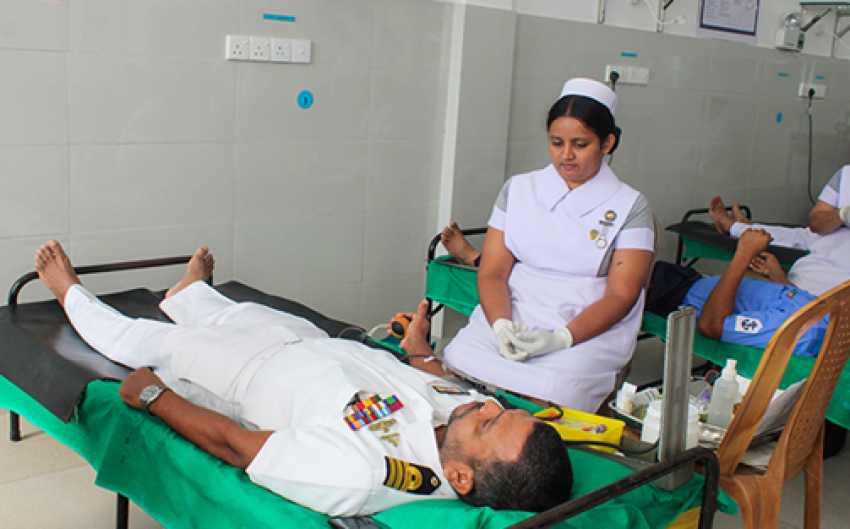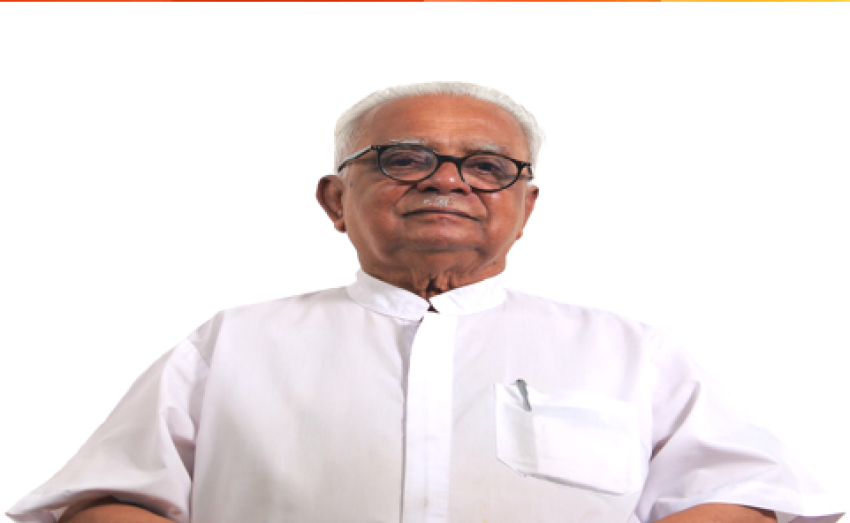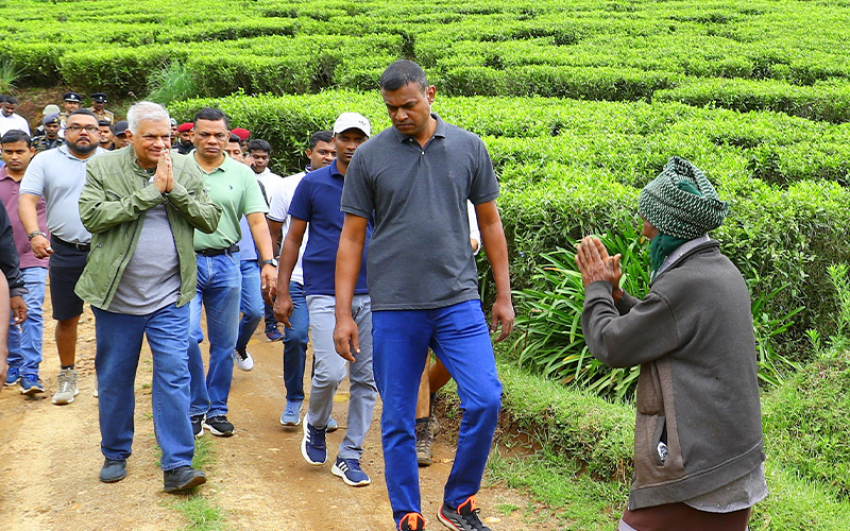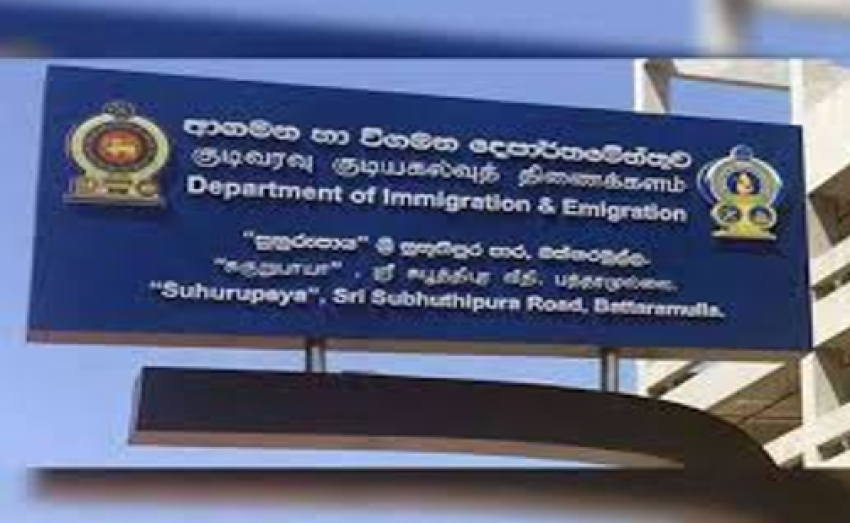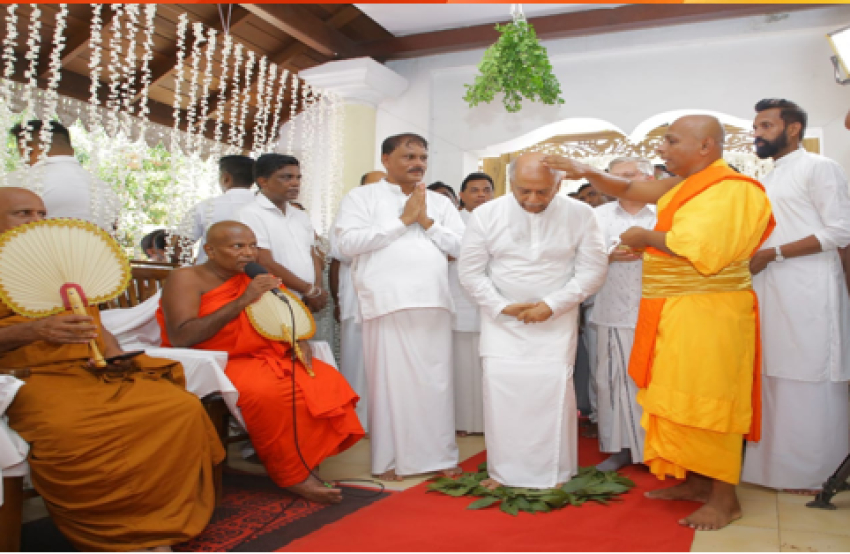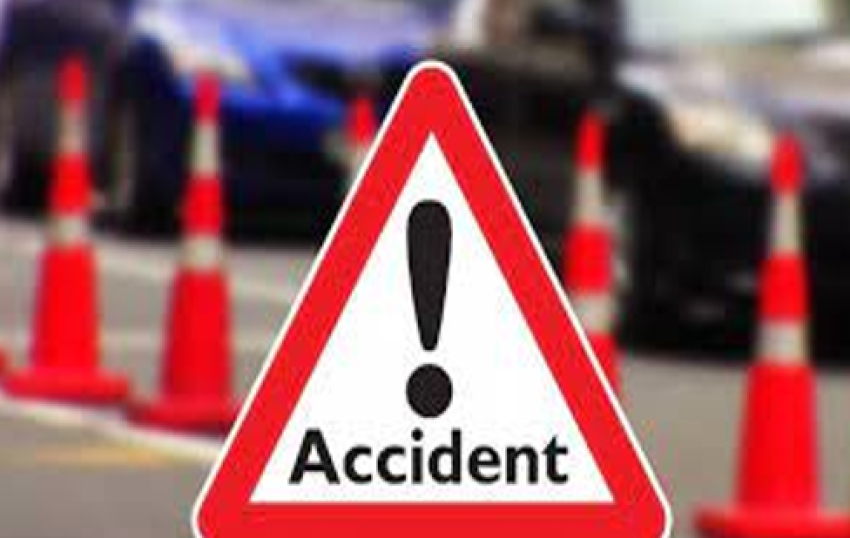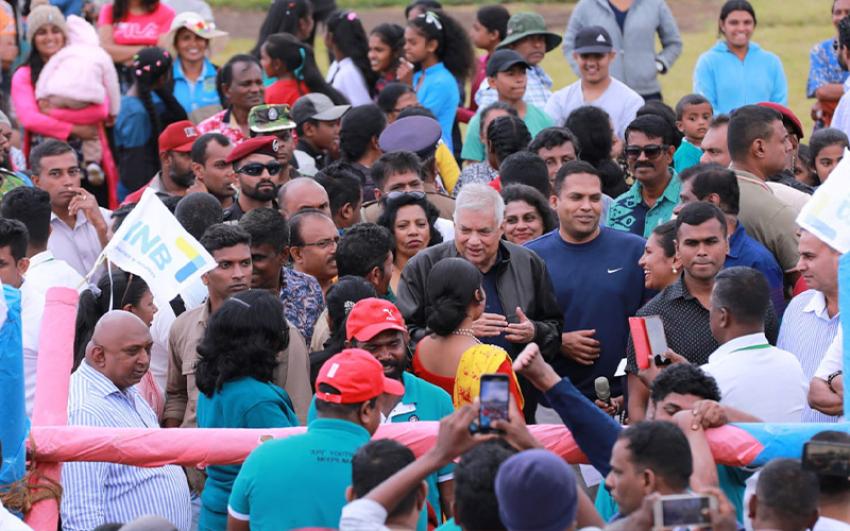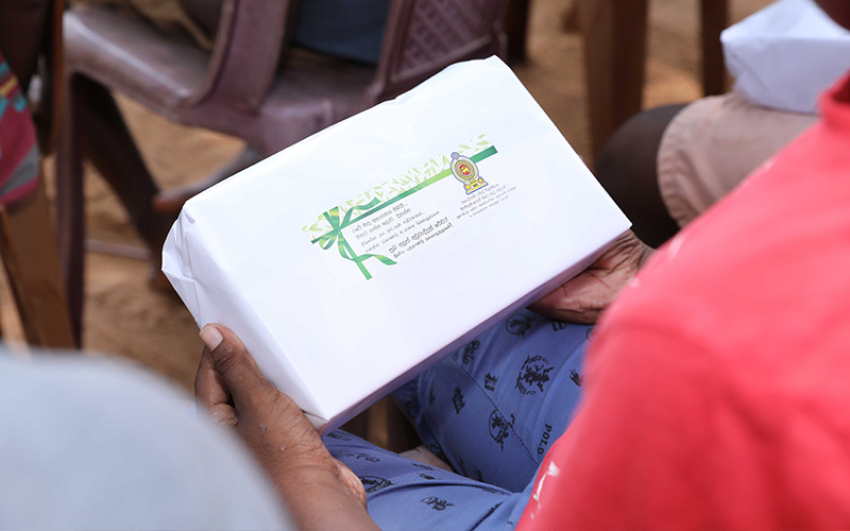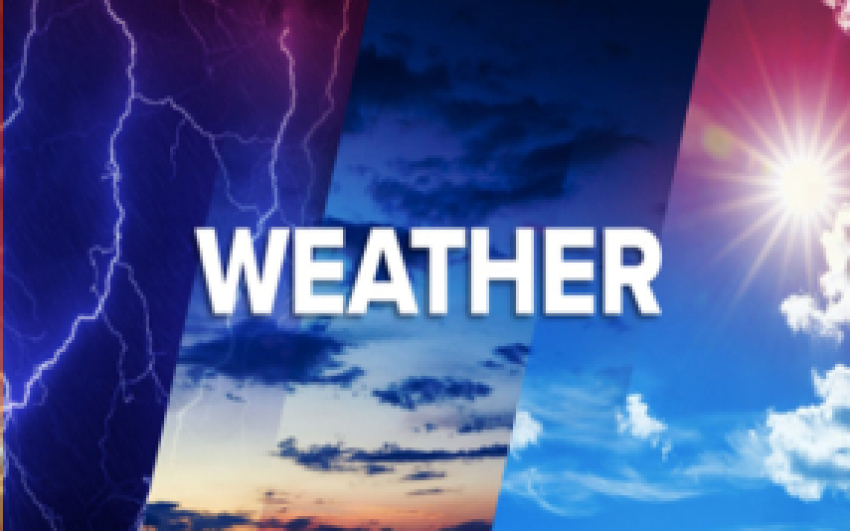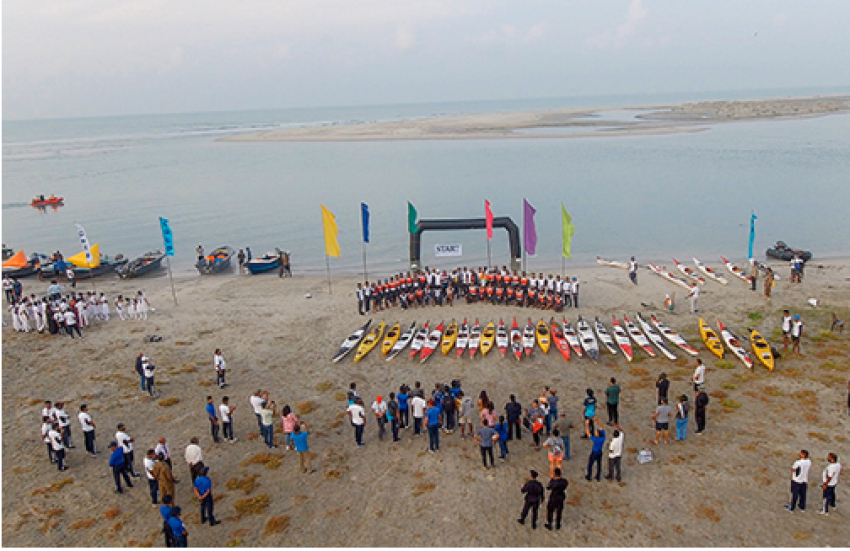Approved by the World Bank’s Board of Executive Directors, the $102 million Development Policy Loan with a Catastrophe Deferred Drawdown Option (DPL with a CAT DDO) is a line of credit that can be drawn on partially or in full if a country declares a state of emergency after a natural disaster. The facility was approved by the Board along with a $110 million Climate Resilience Improvement Project (CRIP), which will finance both short and long term interventions to reduce climate and disaster risk.
“Poor people are usually the first to suffer in natural disasters and they do not have the resources to cope with the losses in income or property,” said Francoise Clottes, World Bank Country Director for Sri Lanka. “The package of financial support, including a first of its kind facility for South Asia, will help the government of Sri Lanka to respond more effectively to help people suffering from a natural disaster while ensuring that financial support remains intact for the country’s programs to overcome poverty and increase shared prosperity.”
The DPL with a CAT DDO facility was first launched by the World Bank in 2008, with the first users being middle-income countries in Latin America and the Caribbean. Sri Lanka’s status as the first country in South Asia to access the facility reflects its rise as a middle-income country and increasingly sophisticated development needs.
“This operation is part of a broader strategy to help the government of Sri Lanka shift to a more comprehensive approach to the management of disaster risks.” said Marc Forni, Task Team Leader of the project. “It will also help improve institutional mechanisms for disaster risk management and financial protection, increase capacity to ensure climate resilient development, and improve understanding of disaster risk,” he added.



